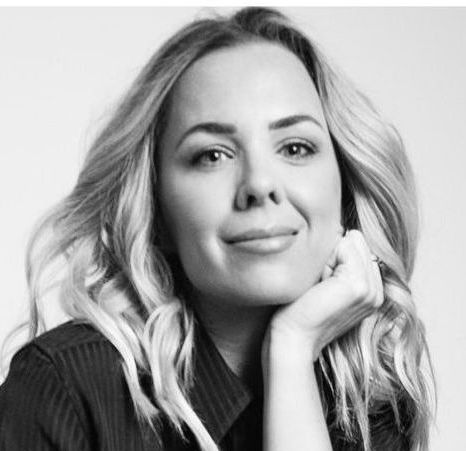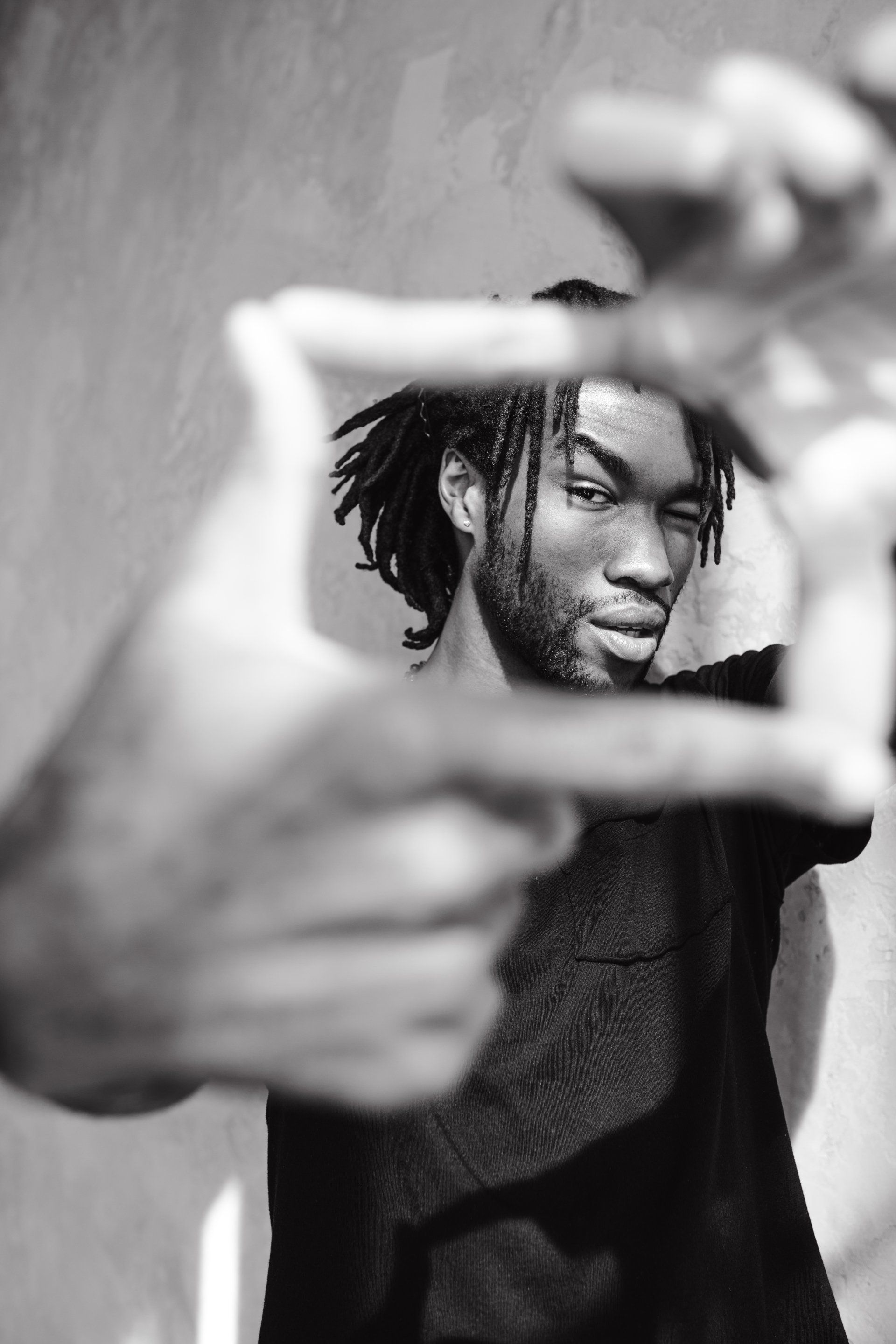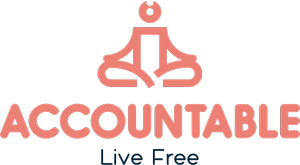How to Talk With a Sober Friend
How to talk to a sober friend written by a sober person
A few questions that I have been seeing a lot from non-sober folks is “what do I say to a sober person?” “How am I supposed to act around them?” “Should I drink in front of them? I don’t want to do anything to hurt their sobriety or mess things up for them.” Buckle up because this one is going to be a tad longer than what you are used to seeing from me, but I think that it is really important for us to truly dive into this.
First and foremost, I think that this is an amazing question. Secondly, I think that this shows that you, the non-sober person, really do care and are genuinely interested in understanding. I want to mention to all my sober people out there – these questions show me that the people around us love us and care for us and want to know about our beautiful recovery!
What do I say to a sober friend?
Now, let’s dive in here…I will take it from the top. I think when someone asks the question “what do I say to a sober person?” what they are really asking is “how do I talk about your sobriety with you?” I think it’s a great question and a great point. I know for me, I made it abundantly clear that I was sober. Well, let’s be honest, there was a time where I made it abundantly clear that I was not sober… (pause for laughter) With that said, I found every interaction with my friends a potential chance to educate them about sobriety, what it means to be sober and what that entails. It was important to me however to not shove it down anyone’s throat. I did my best to have talking points other than my sobriety, but I was always ready to have that conversation with someone should they ask.
I have always appreciated anyone’s curiosity about my recovery and recovery in general. So, to truly answer the question, I think coming from a place of genuine curiosity is a beautiful starting point. There is one thing I would like to say, and I will do my best to keep it on myself. I know that for me, getting sober was crucial. Having said that, it wasn’t the only thing in my life. I wanted to make it clear to those around me that I was so much more than just a sober person and therefore didn’t ALWAYS need to talk about it; I could talk about anything they wanted.
Back to the genuine curiosity: if you have some idea of your friend’s “program of recovery” you can start there. Something like, “hey, I would love to know more about the meetings you go to, what are they like?” Another one that I really appreciate is “If you feel comfortable sharing, I would love to know more about getting sober and the recovery world in general.” I think the most important piece of this is to respect what the sober person in your life is willing to share.
How am I supposed to act around someone who is sober?
When I got sober and this mindset remains today, it was really important to me that everyone act the same way they would if I was not sober. I already felt out-casted, a byproduct of my own shame and I really did not want to feel like people were walking on eggshells around me. What I found is that most people are unsure of how to behave around a sober person (“should I drink or should I not?”) and they very understandably opt for the safer of the two options. What I would recommend is simply asking your sober friend what feels most comfortable to them. Don’t be surprised if their response to “do you mind if I have a drink” is “absolutely, it will honestly make me feel more comfortable if you did your thing.” By asking, you will also give your sober friend the ability to ask for what they need.
Should I drink in front of a sober person?
Now, there are so many scenarios and while we cannot go through each and every single one; I think asking your sober friend what they feel comfortable with is a really good starting point. This can go for a 1:1 scenario or even a larger social setting. In the event that you are at a party where there are a lot of people and therefore a decent amount of drinking, it is my opinion that letting your friend know that you are okay with leaving at any time can be really helpful as well. I know that for myself, even being sober over 6 years, there comes a point at every party where there really isn’t anything left for me. It has been really helpful for me to set a boundary with my friends that when it gets to that point, I am going to leave. Early on, it was also really comforting to have a friend who would be okay with leaving with me.
Overall, my friends, I think that coming from a place of curiosity and interest in your sober friend and their journey is a good starting point. I will leave you with one last snippet – early on in my sobriety I really wanted to go out with friends in order to feel like a regular person in my mid-twenties. It was really comforting when friends would come up to me intermittently and ask me how I was doing and if there was anything that they could do. It wasn’t anything overwhelming, but it let me know that my friends were really thinking about me and that they really did care.




hello@youareaccountable.com
(646) 450-7641